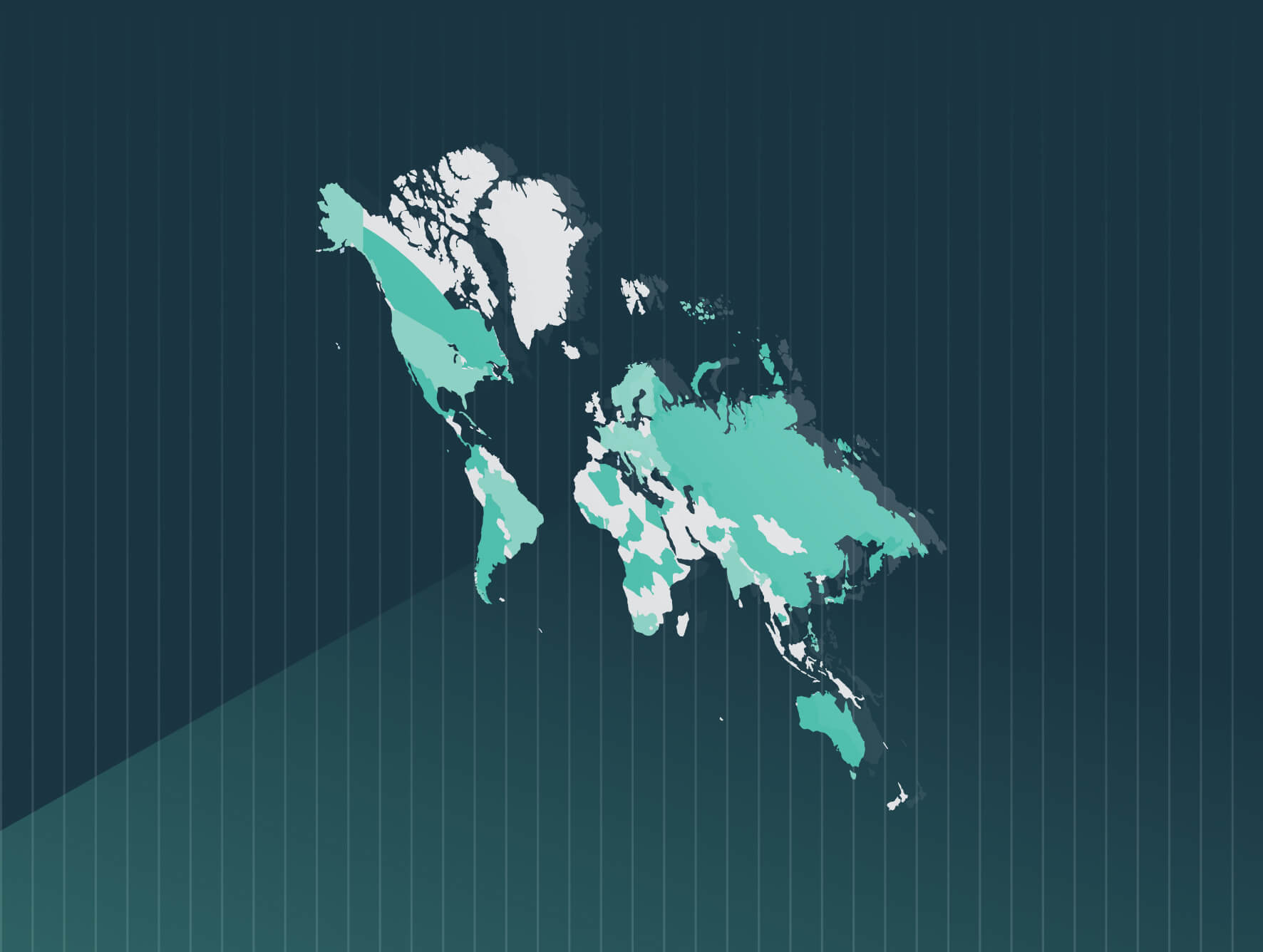Earlier this month the California Department of Fair Employment and Housing (DFEH) opened the portal for 2021 pay data reporting submissions.
In a press release issued by the state agency, the DFEH also said it is currently reviewing over 20,000 reports for the 2020 reporting year and will be publishing the findings in the coming months.
DFEH Director Kevin Kish said, “By requiring large employers to report pay data annually to DFEH, the California Legislature sought to encourage employers to themselves examine how they are compensating their employees in order to promote voluntary compliance with equal pay and anti-discrimination laws.”
If you’re unfamiliar with the landmark law promoting pay equity, California’s SB 973 , or pay data reporting regulation requires employers to annually submit employee pay information to the DFEH. Unsure if the law applies to your organization? Below we’ve outlined which organizations the law applies to.
All private employers that file the federal EEO-1 report annually, have 100 or more employees and at least one employee working in California must comply with the state’s SB 973 pay data reporting law.
These employers should include the following information in their pay data reporting submissions:
- The number of employees listed by sex, race, and ethnicity in executive or senior-level officials and managers, first or mid-level officials and managers, professionals, technicians, sales, administrative support, craft workers, operatives, laborers and helpers, and service positions
- Number of employees listed by sex, race, ethnicity in each of the pay bands used by the U.S. Bureau of Labor of Statistics (BLS) and the Occupational Employment Statistics Survey
- The total number of hours worked for each employee in every pay band
Employers should note they that will have until April 1, 2022, to report on their employees’ pay information. Last year the DFEH accepted extensions through April 30, but it is unclear at this time if the agency will provide the same leniency moving forward.
By now, there’s no debating that SB 973 has made a splash in the California employer landscape. In November of 2021, the DFEH began issuing non-compliance notices to employers that did not file their pay data reporting snapshots for the 2020 tax year. Some 35,000 notices have been mailed out since then and presumably, penalties are coming for those who ignored the requests outlined in the notice.
The law has already helped promote pay equity in the workplace. Most recently, California entertainment company, Riot Games settled a $100 million gender discrimination lawsuit with the DFEH.
A key component in the outcome of that case was access to important pay information. In fact, the Riot Games settlement is the first case involving claims under California’s SB 973 pay data reporting law.
Last year we helped thousands of California employers complete their California SB 973 pay data reporting responsibilities. If you need assistance compiling your employee pay data before submitting the report to the California DFEH, contact us to learn about our pay data reporting solutions.








